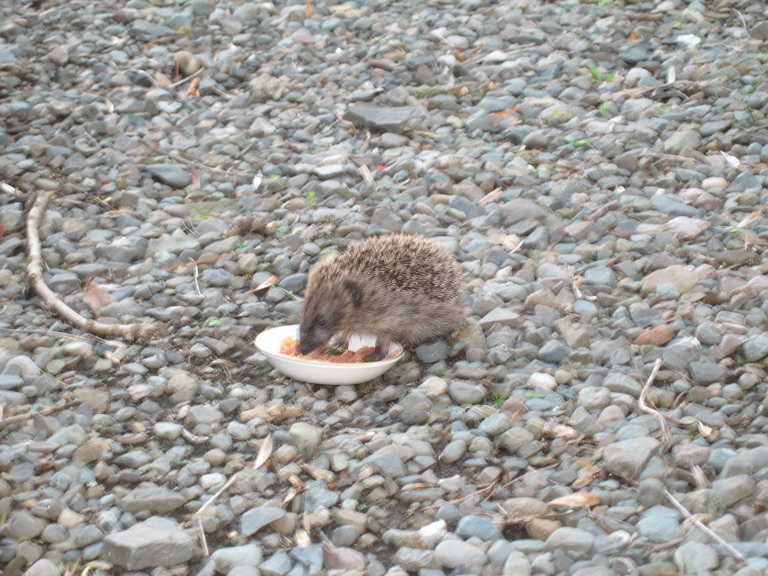Two summers ago was the summer of hedgehogs. Cute, messy, dumb little things, busy eating slugs and worms, with babies getting sick near our house in the Yorkshire Dales. And then nursed back to health, no charge, by the local vet. Full reminiscence here.

But now we had the summer of renegade cows. Three of them, always the same three, would break out of their field, and come up our driveway. Here are two of them, peering into a French door that leads from our dining room to a small enclosed garden:
They’d walk around, trample the grass and some flowers. Turns out they’re easy to drive off. You just walk towards them, and they trot away. When sheep break loose and come around, they’re much more stubborn.
And then there were long, hard walks on the local fells — hills, in America-speak, which in that part of the world manage to be both domestic and wild. We’d climb 2000 feet, and look down in one directions at fields and a town, and in another at a cleft in the earth that could have been left over from just about the dawn of time.
Other delights. An E.M. Forster binge, very productive not just for literary pleasure, but for the future of classical music. I’ll blog about this. He writes about music often, and among other things shows so clearly how — going back to the first decade of the last century — younger people had classical music as an entirely normal part of their lives. And then there’s the Lucia di Lammermoor performance in a small Italian town, with the audience shouting hello to their friends and family in the chorus. “That’s not classical!” deplores a staid British lady. “That’s not even respectable!”
And also my long-lost book on the future of classical music. No longer lost, but fully coming to life. Watch this space!

1) For some reason, that picture of the cows made me laugh out loud.
2) Got a chuckle out of the audience behavior during Lucia, too. I’m willing to bet it was a small southern Italian town. 🙂 Coming frmo a working-class Italian background, I never did get why opera was supposed to be high-class and respectable. Most of my stonecutter-and-seamstress relatives two generations back couldn’t speak English nor read Italian, but they could sing the quartet from “Rigoletto” at the dinnertable.
3) I’m very glad to hear that your book is experiencing a rebirth. What I devoured online of it was fascinating.
Picture of cows : cue Haydn’s Ox Minuet.